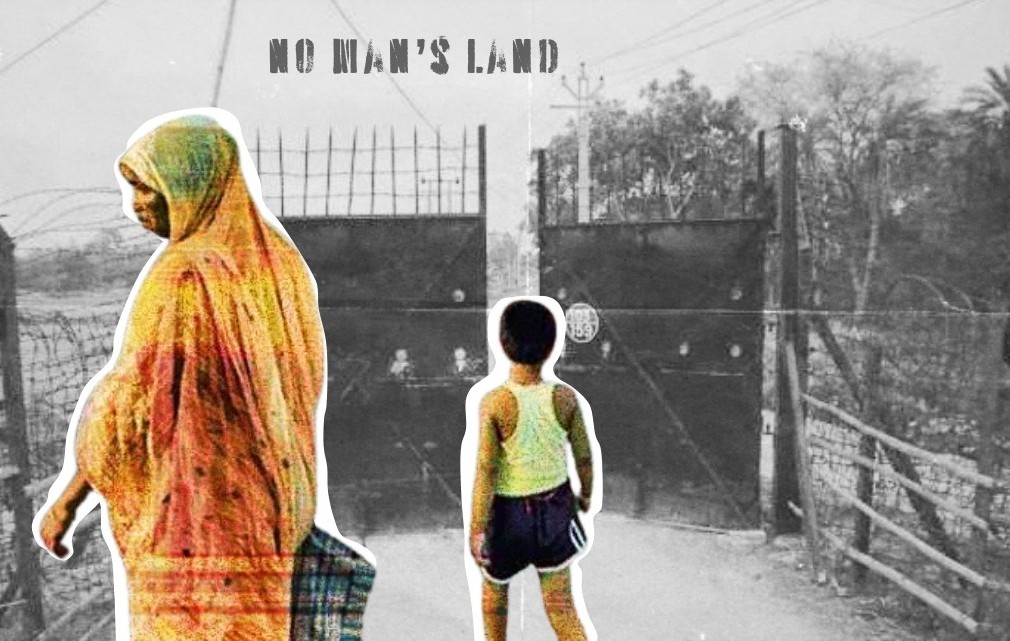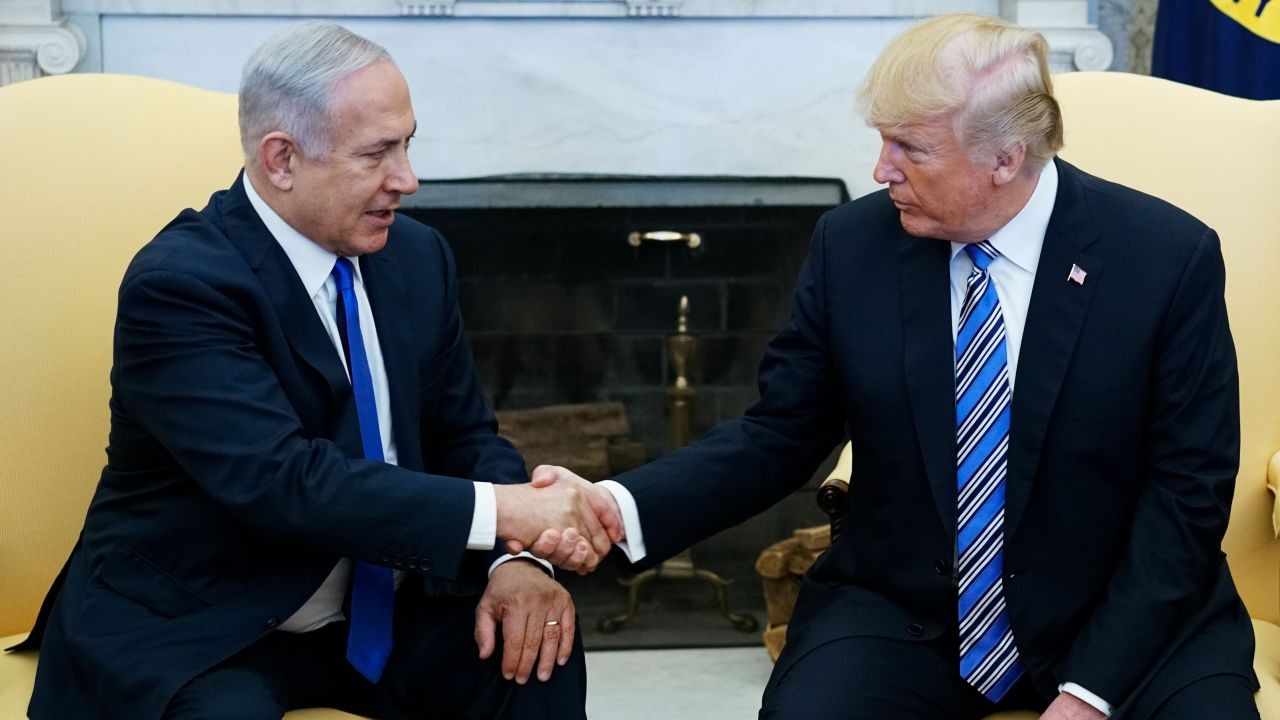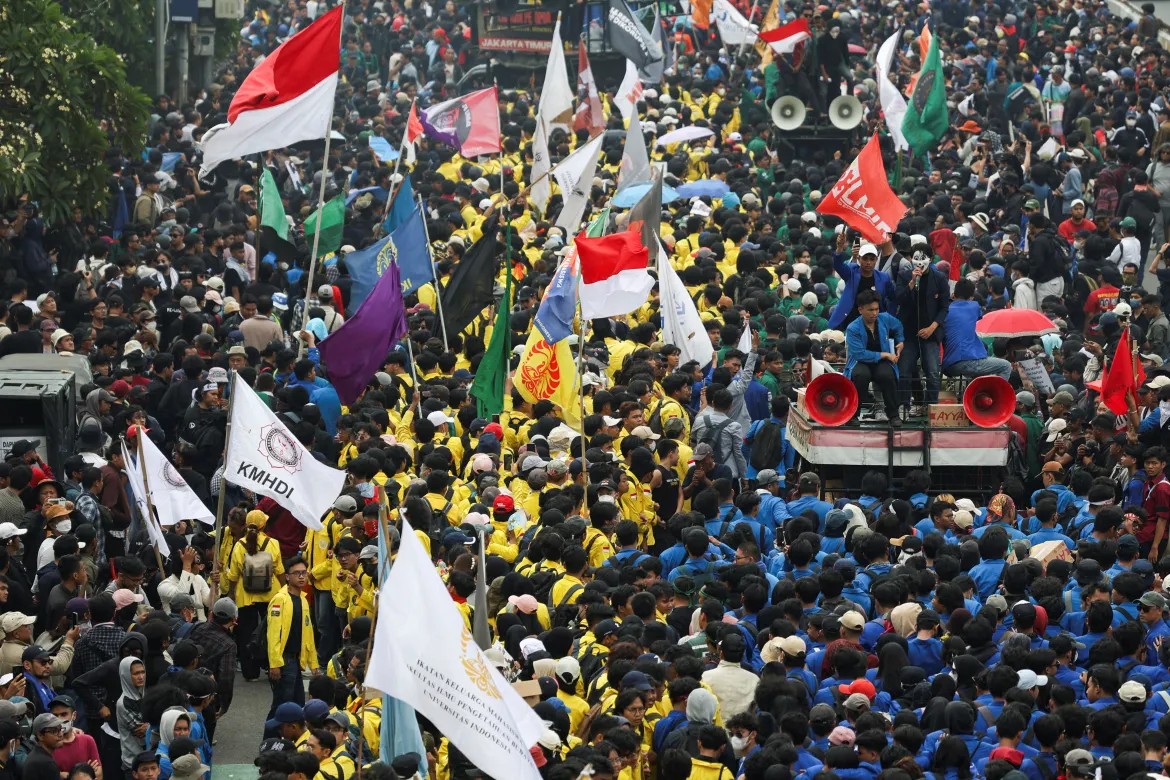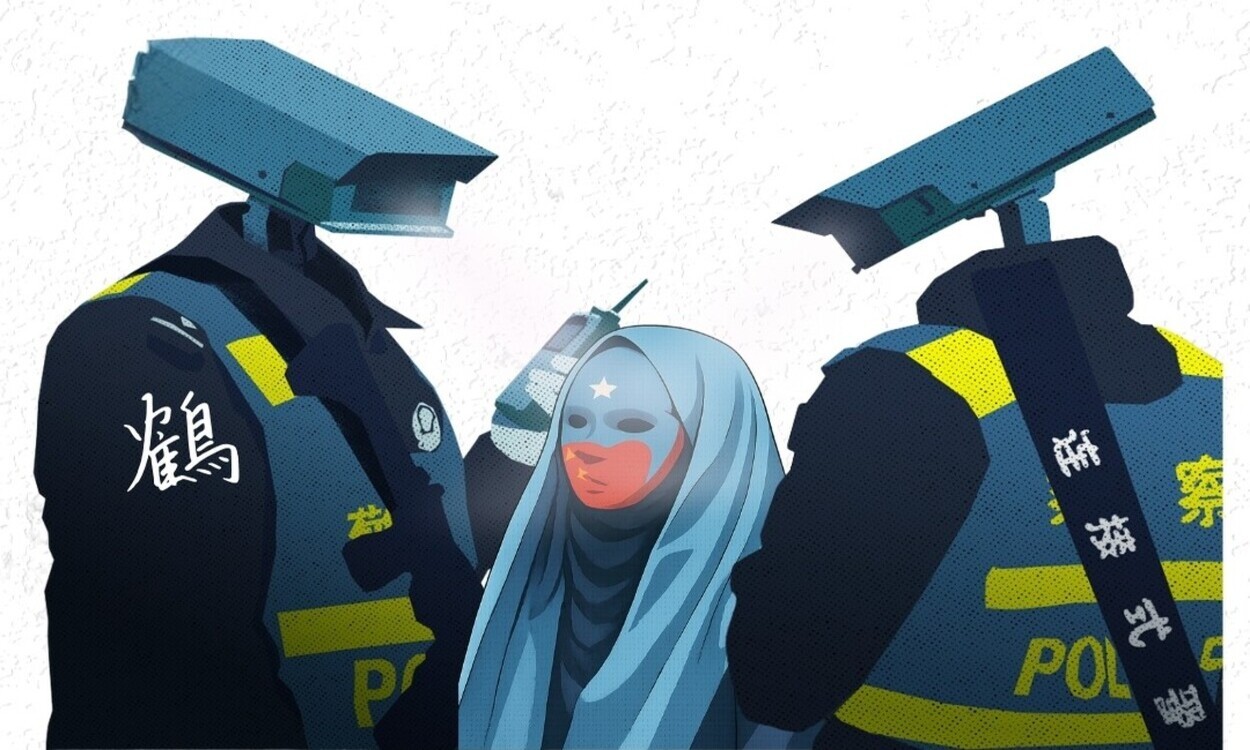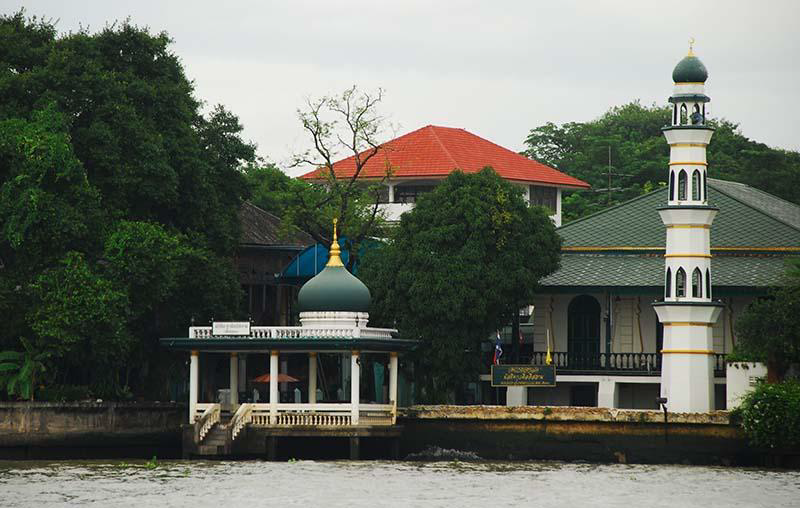
Unveiling the Potential of Energy Industry Leaders in Embracing Environmental Responsibility
Exploring the Gulf countries' intellectual contributions, concrete initiatives, and societal stances concerning climate and the environment within their prevailing political-economic framework unveils an intricately layered scenario. The six nations of the Gulf Cooperation Council (GCC) – Saudi Arabia, Bahrain, Qatar, United Arab Emirates (UAE), Kuwait, and Oman – possess pragmatic grounds for being addressed as a distinct sub-region when it comes to climate and environmental policies on the global stage. These countries' political and economic structures are moulded by a rentier system, hinging on the production and distribution of energy resources. In essence, the actions they take regarding environmental and climate matters are intimately linked with the dynamics of the prevailing political landscape they find themselves in.
At this pivotal juncture, the primary factor demanding immediate attention is the region's confronting of profoundly critical issues such as climate, environment, water security, and food security. To illustrate, due to the escalating global temperatures and recurrent heatwaves, it is projected that by the year 2070, the Gulf countries' climate will reach a degree unsuitable for human inhabitation (Gulf will be too hot, 2015). Hence, the urgency to take measures for curtailing carbon emissions is far more pronounced for the GCC nations than for numerous other global regions. Within the ambit of the United Nations Climate Change Conference, UAE, Saudi Arabia, and Bahrain have articulated Net-Zero scenarios as part of their concerted endeavours towards decarbonization (Climate Change in the Middle East and North Africa, 2022). According to these outlined scenarios, UAE envisions achieving a carbon-free economy by 2050, while Saudi Arabia and Bahrain have expressed their aspirations to attain carbon neutrality by 2060.
But how feasible is this goal to achieve? Gulf economies stand as global energy giants, leading in the production of oil and Liquified Natural Gas (LNG). As of 2022, Saudi Arabia produces over 12 million barrels per day, and their published economic plans show no intent to decrease this production (Statistical Review of World Energy, 2023). Qatar, on the other hand, stands as a key player in LNG sales, and its shared North Field with Iran is the largest non-associated natural gas field globally. With its North Field boasting a resource exceeding 900 trillion standard cubic feet, Qatar hosts around 10% of the world's known natural gas reserves. According to carbon emission data from the World Bank, GCC countries ranked among the top 15 globally in terms of carbon emissions in the year 2020 (World Bank, n.d.). Specifically, Qatar, Bahrain, Kuwait, UAE, Oman, and Saudi Arabia exhibit carbon footprints at least three times higher than that of the UK (CO2 emissions, n.d.). In other words, these nations not only contribute to carbon emissions by selling energy resources but also exhibit significantly high levels of local consumption.
The same trend is evident in water consumption. Looking at the daily per capita water usage figures, we see that UAE (2559 litres), Saudi Arabia (1871 litres), Oman (1488 litres), Qatar (1433 litres), Kuwait (1222 litres), and Bahrain (844 litres) all have notably higher consumption rates compared to the UK's case (351 litres) (Worldometer, n.d.).
Considering the desert climate prevalent across the Gulf region, it's essential to acknowledge that water is inherently scarce. This scarcity leads to a significant reliance on imported drinking water, primarily obtained through desalination – the process of removing salt from seawater. Due to the arid climate, groundwater resources are also limited, amplifying the challenge. Consequently, the water expended in agricultural activities, given the desert climate, results in the wastage of a precious and hard-to-replace resource (Zafer, 2021). Therefore, while ensuring food security through local production remains an option in the Gulf, the primary approach involves investing in efficient agricultural ventures abroad to ensure direct access to food (Doğan Akkaş, 2018).
Furthermore, desertification, loss of biodiversity, and rising sea levels are other significant environmental challenges faced by the region. Almost all the countries in the Arabian Gulf have small islands located within their maritime territories. Notably, examples like Qatar and Bahrain underscore that continental shelves can be expanded using artificial islands and land reclamation. Considering that Qatar is a peninsula and Bahrain is an island, the rising sea levels due to climate change could potentially pose problems for settlements and industrial areas in the coming years (Hausfather, 2019; Climate Change Impacts in the GCC, 2021).
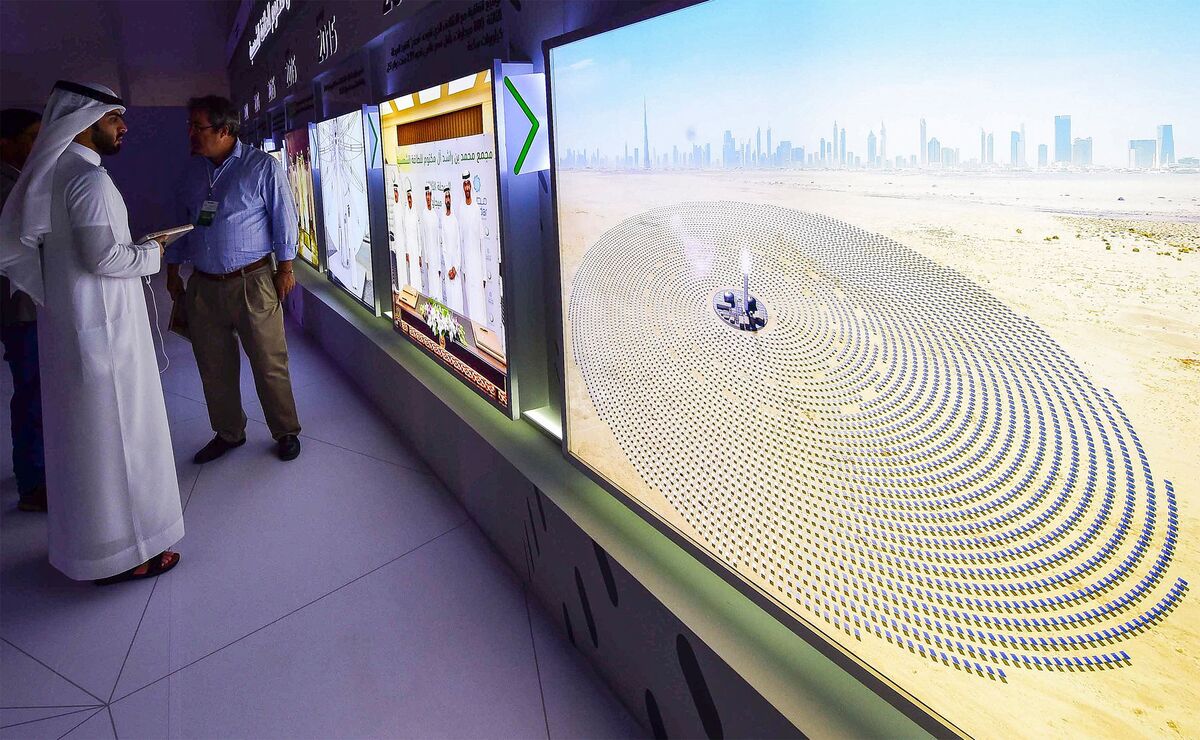
Hence, Gulf states are working towards implementing a comprehensive environmental and climate policy. However, instead of pursuing a unified policy due to their differing economic circumstances and requirements, they are taking actions that align with their individual local and global goals. Bahrain and Kuwait are devising steps for environment and climate through elevated committees, aiming to boost climate and environmental awareness and expedite decision-making. On the other hand, the UAE, Qatar, Oman, and Saudi Arabia have initiated policies at the ministerial level. Notably, the UAE has emerged as a prominent leader in renewable and clean energy, taking substantial strides in this domain in the region. For instance, this year, the UAE is set to host the 28th Conference of the Parties (COP28) to the United Nations Framework Convention on Climate Change. Additionally, they have allocated a $40 billion investment over the next 15 years to transition to clean energy ("The UAE's response to climate change", n.d.).
A fundamental criticism lies in the general absence of highlighting Arab culture and Islamic values in the environmental and climate strategies planned predominantly through international organizations and Western economies. The ancient agricultural and maritime traditions of the Gulf countries, along with their socio-economic structures built in harmony with geographical conditions, could foster local intellectual outputs in response to these global environmental challenges. For instance, during the 2023 United Nations Water Conference, Meryem bint Muhammed Almheiri, the Minister of Climate Change and Environment of the UAE, emphasized that her country's founding leader defined water not as a commodity but as the lifeblood of the community. She urged for the preservation of this heritage as a societal responsibility (UN News, 2023). This signifies an effort to integrate traditional values and contemporary challenges. Particularly in societies with a strong religious inclination, it is plausible that the fatwas (Islamic legal opinions) provided by Islamic groups and leaders, grounded in hadiths (sayings of the Prophet) and verses from the Quran, could have a significant impact, especially on matters like hunting, afforestation, and water conservation (Ozdemir, 2020). In other words, alongside implementing the plans of international organizations as policies enriched by fundamental dynamics, there is a need to augment them with context-aware, Arab culture and Islam-based intellectual productions for more transformative societal effects. This approach recognizes the geography and encourages a synergy between global strategies and locally relevant ideas deeply rooted in Islamic values.
Integrating environmental and climate concerns into Friday sermons, school textbooks, and national campaigns will undoubtedly elevate societal awareness. While Gulf countries' national vision documents touch upon environmental issues, their dissemination across society would be more impactful. Transforming wasteful behaviours into societal campaigns aligned with Islamic values can be a vital endeavour. While it might not be realistic to expect energy giants to suddenly cease petroleum and LNG production or transition entirely to eco-friendly energy sources, fostering a cultural shift where both society and industries adopt environmentally sensitive policies as intrinsic aspects of their identity can represent a significant and constructive long-term step. Integrating environmental themes into Friday sermons, school curricula, and national campaigns could be a transformative way to enhance awareness and foster sustainable practices within Gulf societies. Additionally, aligning such initiatives with Islamic values could provide a strong foundation for promoting environmental responsibility and climate action. While abrupt changes in energy production might not be feasible, fostering a cultural shift towards environmental sensitivity could lead to lasting and positive change in both societal and industrial practices.
References
Al-Olaimy, T. (2021). Climate change impacts in the GCC. Retrieved from https://bit.ly/45f8etr
Doğan Akkaş, B. (2018). Re-Approaching food security of Qatar: Challenges and possibilities. Ortadoğu Etütleri, 10, 69-90.
Hausfather, Z. (2019). Explainer: How climate change is accelerating sea level rise. Retrieved from https://bit. ly/3E89JxP
Ozdemir, İ. (2020). What does Islam say about climate change and climate action? Retrieved from https://bit.ly/3qC0d2R
The UAE’s response to climate change (n.d.). Retrieved from https://bit.ly/45DGBdm
World Bank Open Data (n.d.). Retrieved from https://data.worldbank.org/
Worldometer Water (n.d.). Retrieved from https://www.worldometers.info/water/
Zafer, S. (2021). Water Scarcity in MENA. Retrieved from https://bit.ly/3qDvFh4
Betül Doğan Akkaş
2014 yılında Bilkent Üniversitesi Uluslararası ilişkiler Bölümü’nden mezun oldu. 2017 yılında Katar Üniversitesi Körfez Araştırmaları bölümünde Katar dış politikasında güvenlikleştirme üzerine yüksek lisans derecesini aldı. Durham-Katar üniversiteler...
 Betül Doğan Akkaş
Betül Doğan Akkaş